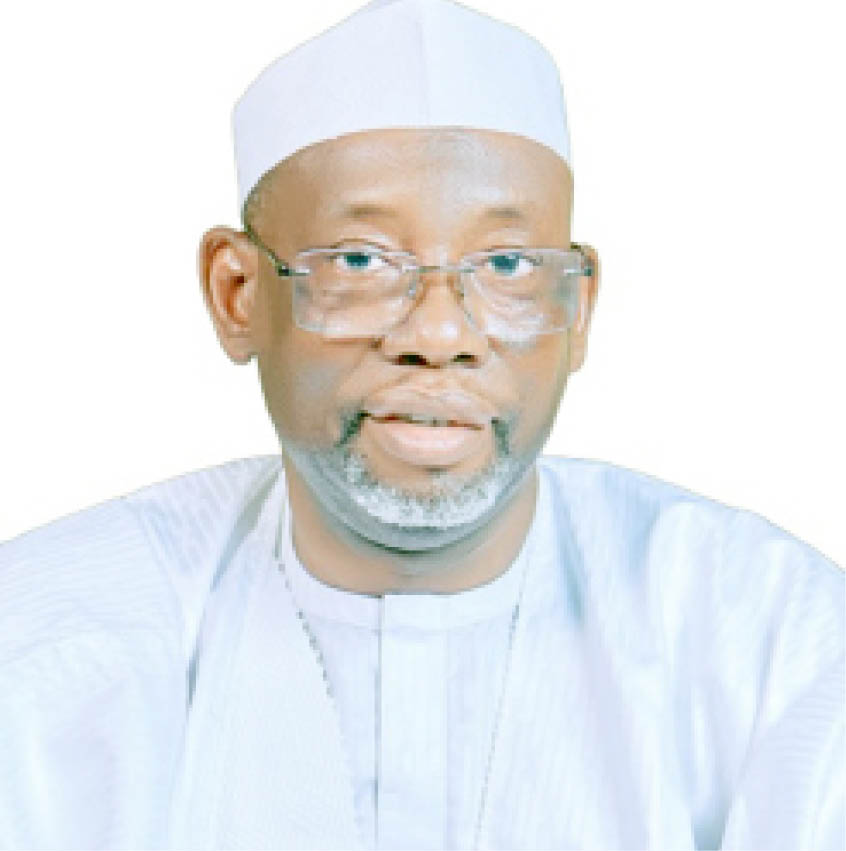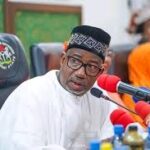On Friday, December 6, 2024, while skywatchers marvelled at the serene night sky adorned with celestial wonders, a different spectacle unfolded in Jigawa State. Governor Namadi, alongside his entourage of government officials, presented the much-anticipated 2025 Appropriation Bill to the state assembly.
Tagged the “Budget of Innovation & Transformation for Greater Jigawa”, the document was intended to embody progress and forward-thinking leadership.
At first glance, the title is aspirational, invoking the promise of groundbreaking initiatives to propel Jigawa into an era of sustainable development. However, a closer examination of the budget reveals glaring contradictions, misplaced priorities, and a lack of the innovation and transformation it proclaims.
A misleading budget title
Though grammatically correct, the ambitious title of the budget seems to serve as a deceptive marketing strategy rather than an accurate reflection of its content. Far from being innovative or transformational, the budget largely perpetuates conventional methods of governance, burdening the state with debt while ignoring pressing human capital development needs. A more suitable title could have highlighted its illogical allocation and amateurish approach.
Unrealistic revenue projections
The proposed total budget stands at a staggering N698.3 billion, with expected revenues broken down as follows: Federation Account Allocation: N34 billion; VAT Share: N80 billion; Other Federal Government Contributions: N134.1 billion; Internally Generated Revenue (IGR): N130.6825 billion.
Governor Namadi’s administration has estimated N219.517 billion in loans to finance the deficit, an amount alarmingly higher than the state’s entire IGR.
This reliance on borrowing raises significant concerns about the sustainability of the state’s fiscal policy. Borrowing such colossal sums without substantial revenue-generation mechanisms is not only reckless but poses long-term risks to Jigawa’s economic stability. The governor’s failure to leverage Jigawa’s rich agricultural resources, untapped natural wealth, and the potential of smart farming to bolster IGR demonstrates a lack of foresight.
Misplaced capital expenditure priorities
A whopping 76% of the budget (N536.750 billion) is allocated for capital projects, including the construction of 45 new roads spanning 830km. While infrastructure is essential, this allocation overlooks the state’s urgent needs in human capital development, education, and healthcare.
Recent tragedies highlight the misplaced priorities of this budget. From the Majia tanker explosion, which claimed over 200 lives, to the tragic road accidents in Adiyani (Guri LGA) and Auyo LGA, which resulted in the deaths of women, children, and youth, road safety remains a pressing issue.
Constructing new roads without addressing the underlying factors contributing to road traffic accidents is counterproductive. What Jigawa needs is safer transportation systems, not a roadmap to more tragedies.
Furthermore, questions linger about the N30 billion mobilization payment for these road projects. There is ambiguity regarding whether this payment adheres to constitutional provisions or represents the notorious 10% kickback culture often associated with government contracts. Transparency in budget execution is non-negotiable, and the state deserves clarity on these expenditures.
A failing healthcare system
Jigawa’s healthcare sector is in crisis, yet the budget allocates insufficient resources to address the challenges. Since June 2024, over 25 professional healthcare providers have resigned due to poor remuneration and working conditions. This mass exodus has left hospitals understaffed and unable to deliver quality care, pushing Jigawa’s residents into greater health risks.
Governor Namadi’s “J-Health” initiative—designed to improve healthcare delivery—has so far proven ineffective. The program is plagued by untrained personnel and a lack of infrastructure, turning hospitals into death traps rather than centres of healing.
Neglecting education amid a crisis
The BBC recently reported that Jigawa has one of the highest number of out-of-school children in Nigeria. Yet, the budget’s allocation to education falls woefully short of addressing this crisis. With thousands of children lacking access to quality education, the future of Jigawa’s youth hangs in the balance.
Leadership is about priorities
Leadership is not about laying asphalt or unveiling ambitious-sounding projects; it is about using available resources to deliver well-tailored programs that directly impact citizens’ lives. Governor Namadi’s budget fails to address the core challenges facing Jigawa State including the alarming rate of out-of-school children, the exodus of healthcare professionals, the rising tide of road traffic accidents and the lack of sustainable revenue-generation mechanisms.
Jigawa needs a government that prioritizes its people—one that invests in human capital, builds safe and functional infrastructure, and ensures fiscal responsibility. The 2025 Appropriation Bill, as it stands, is far from being the “Budget of Innovation & Transformation for Greater Jigawa.” It is a missed opportunity to create meaningful change and lay a solid foundation for the state’s future.
Isah Dahiru, B. Pharm. MPSN wrote from Jigawa State

 Join Daily Trust WhatsApp Community For Quick Access To News and Happenings Around You.
Join Daily Trust WhatsApp Community For Quick Access To News and Happenings Around You.


